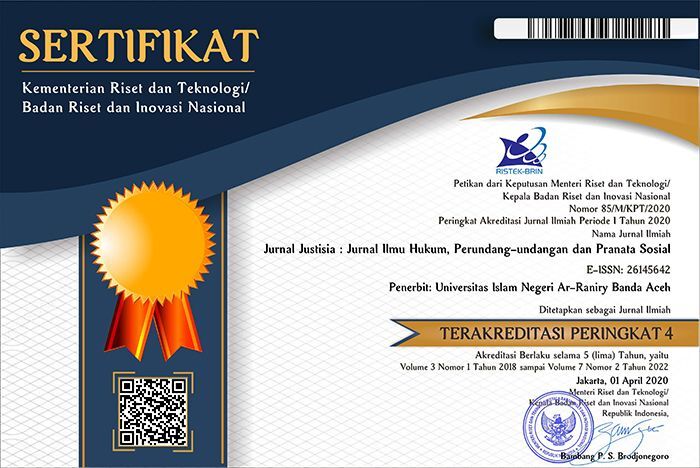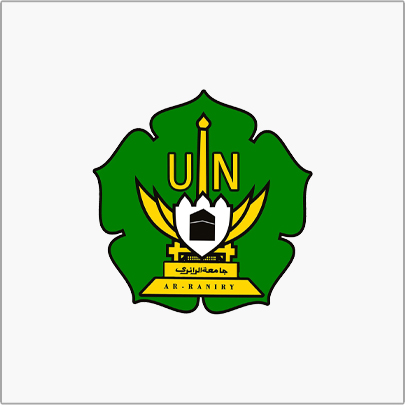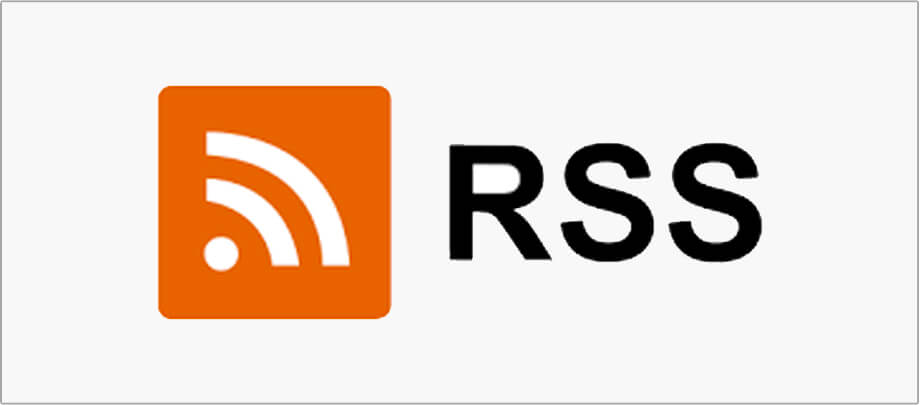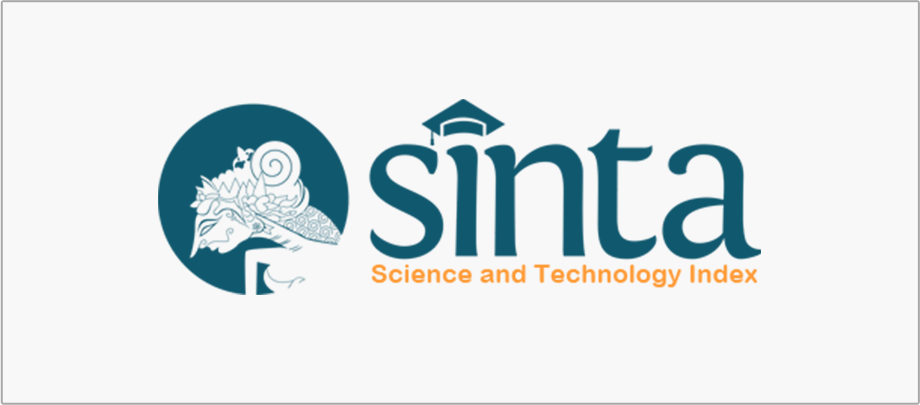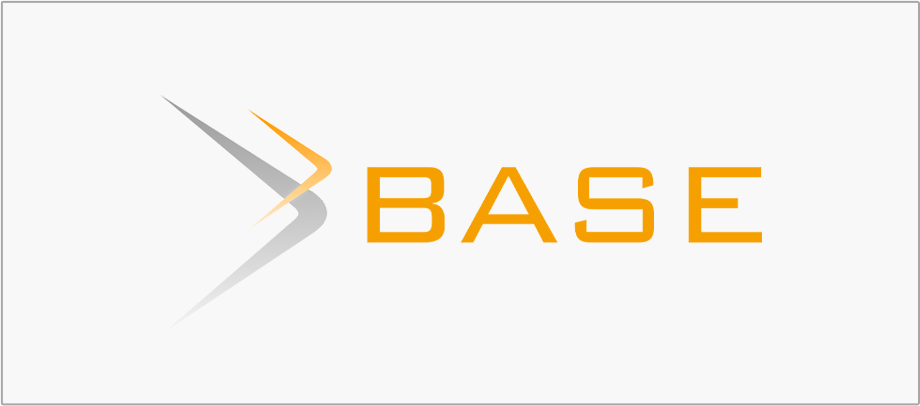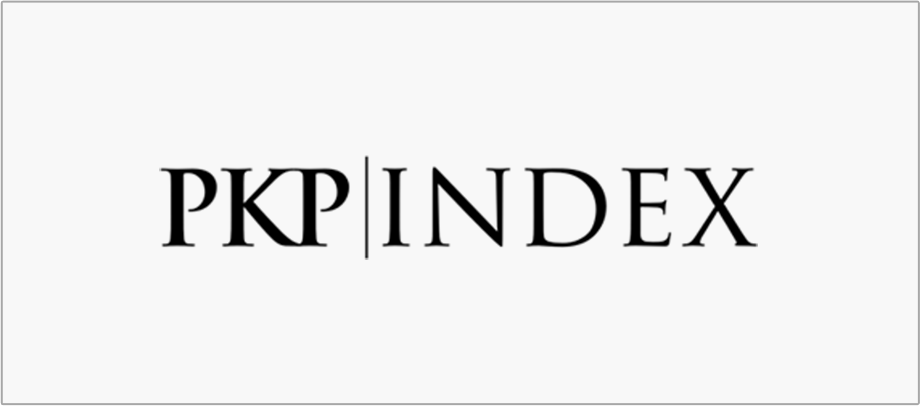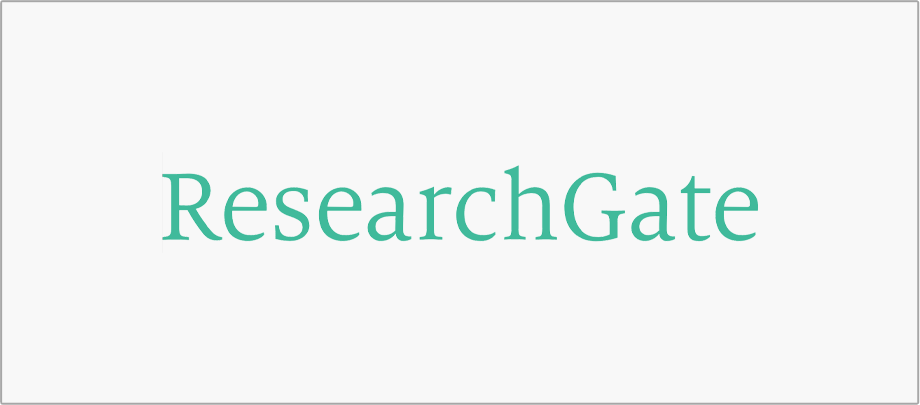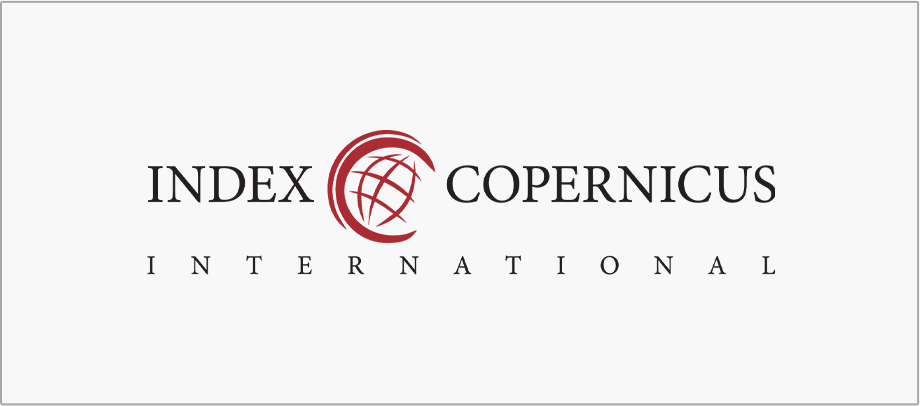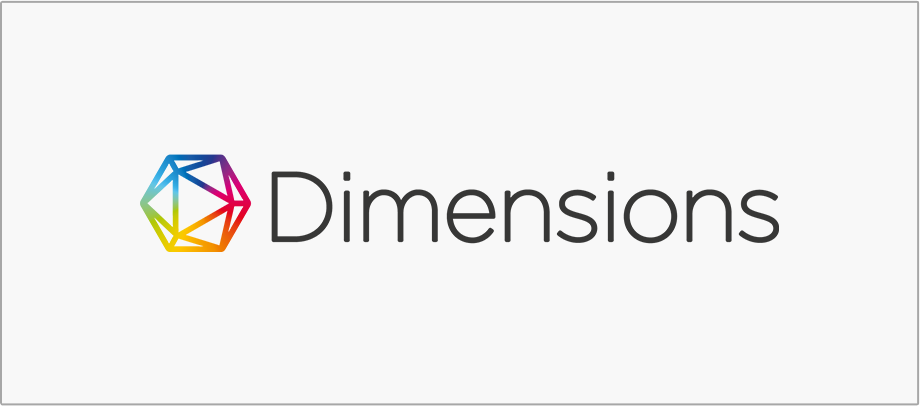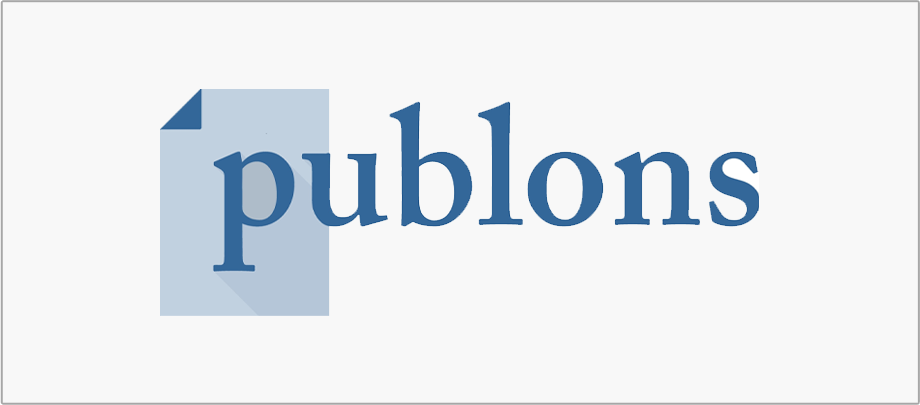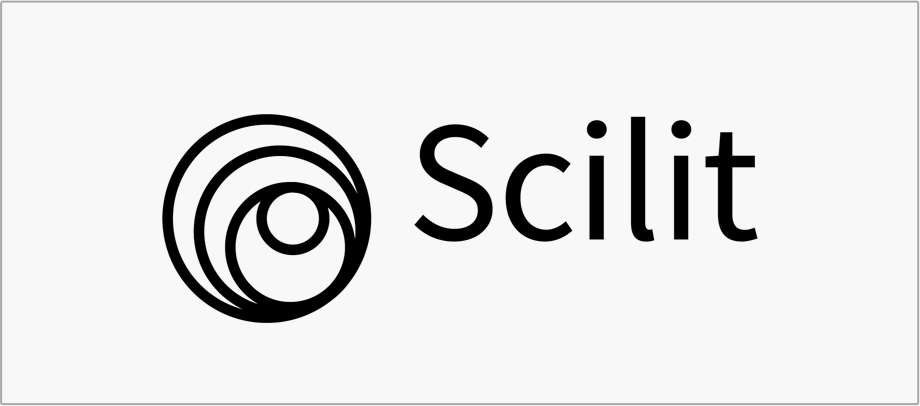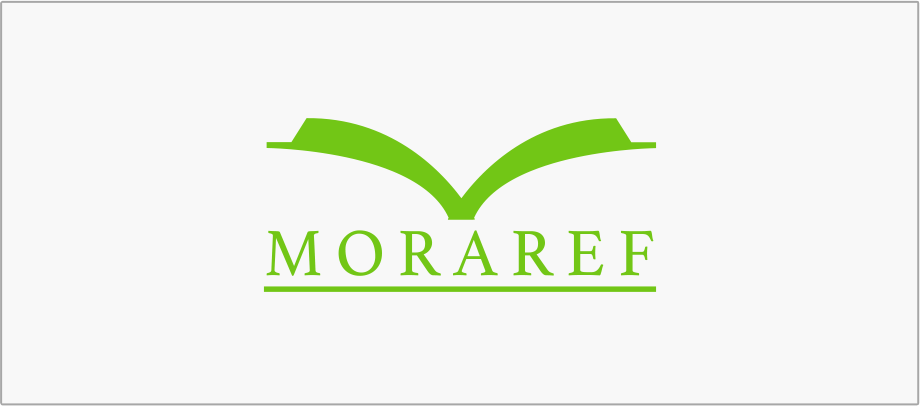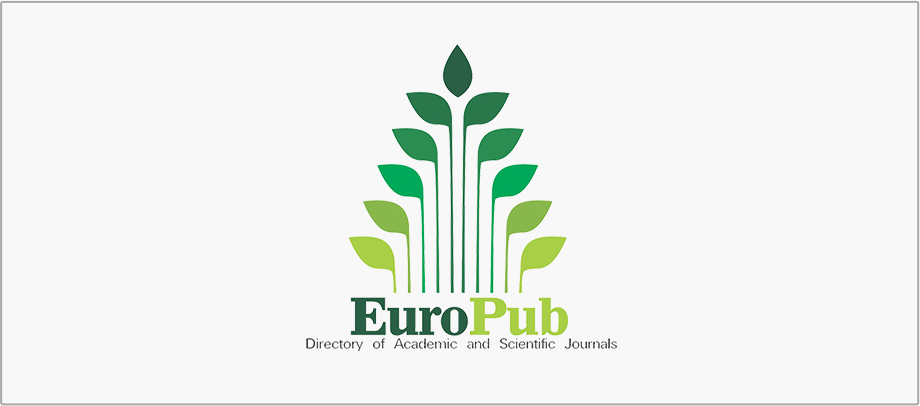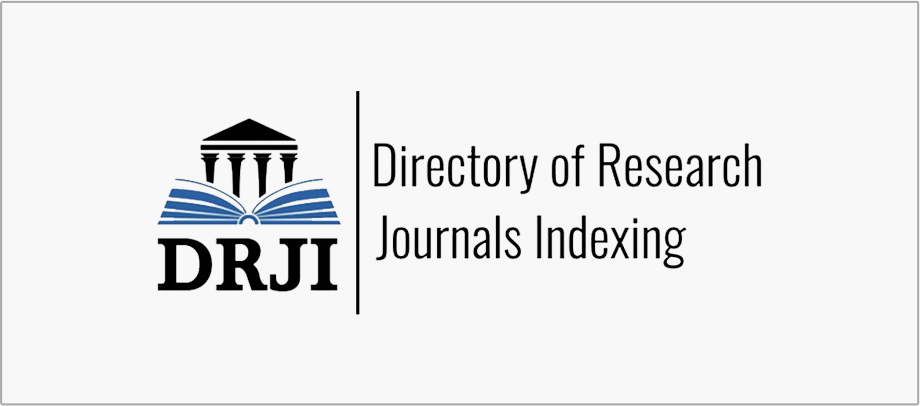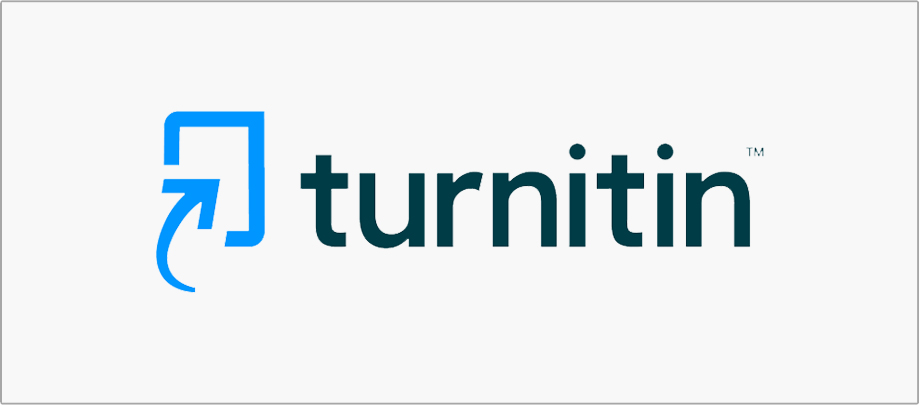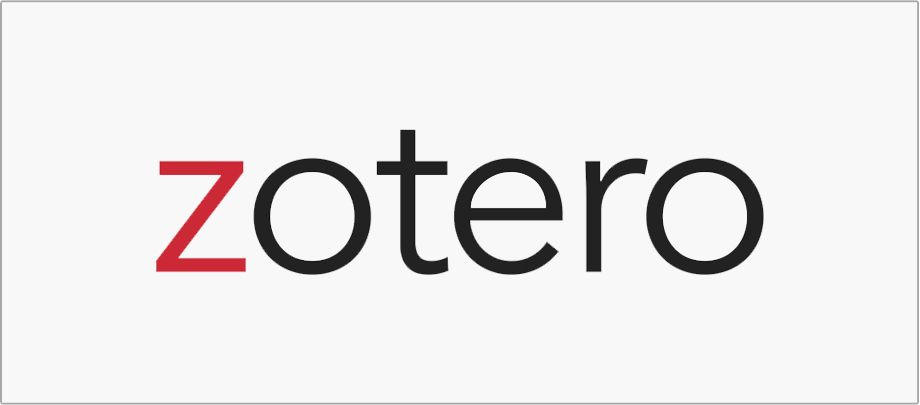Justice Enforcement on Plans for Imposition of Value Added Tax on Premium Basic Necessities
Abstract
The plan to impose a value added tax (hereinafter referred to as VAT) on basic commodities has recently caused a polemic between the government and the community regarding justice and public welfare. The community is questioning the implementation of a just and civilized welfare from the government for the imposition of the VAT. Previously, on basic commodities, the government did not charge any kind of tax at all. The imposition of this tax is motivated by the economic recovery during the COVID-19 pandemic, Indonesia's VAT rate is too low, and the structure of state revenue is dominated by VAT. This paper aims to provide an analysis of the relationship between the imposition of VAT on staple goods and their impact on the level of community justice. The method used in this paper is a qualitative research method with a normative-juridical approach which is carried out through a literature study. This paper describes the findings related to the reasons for the government to charge VAT on basic necessities and the protection of the community's right to justice on the imposition of VAT. This finding can provide an overview for the continuation of the revision of the draft Law Number 6 of 1983 concerning General Provisions and Tax Procedures (hereinafter referred to as the KUP Bill) which contains revisions on basic materials as objects of VAT.
Full Text:
PDFReferences
Antara. (June, 2021). “Sembako Kena PPN: ’Tidak Cerminkan Keadilan’ Bahan Kebutuhan Pokok Dikenai Pajak, Beli Mobil Baru Dapat Relaksasi”, BBC Indonesia, June 11, 2021, accessed from https://www.bbc.com/indonesia/indonesia-57430689.
Arikunto, S. (1993). Prosedur Penelitian Suatu Pendekatan. Jakarta: Rineka Cipta.
Badan Pusat Statistik. (2021). “Realisasi Pendapatan Negara (Milyar Rupiah), 2019-2021”, BPS, 2021, accessed from https://www.bps.go.id/indicator/13/1070/1/realisasi-pendapatan-negara.html.
CNN Indonesia. (June, 2021). “DJP Buka 3 Alasan Pemerintah Pungut PPN Sembako dan Sekolah”, CNN Indonesia, June 14, 2021, accessed from https://www.cnnindonesia.com/ekonomi/20210614101335-532-653968/djp-buka-3-alasan-pemerintah-pungut-ppn-sembako-dan-sekolah.
Daud, A., Sabijono, H., and Pangerapan, S. (2018). Analisis Penerapan Pajak Pertambahan Nilai pada PT. Nenggapratama Internusantara. Journal of Riset Akuntansi Going Concern, 13(2), 78.
Davina, D. (June, 2021). “Isu PPn Sembako, Sri Mulyani: Yang Kena Pajak Sembako Jenis Premium”, Kompas, June 15, 2021, accessed from https://www.kompas.tv/article/183813/isu-ppn-sembako-sri-mulyani-yang-kena-pajak-sembako-jenis-premium.
Feener, R. M. (2013). Shari’a and Social Engineering, the Implementation of Islamic Law in Contemporary Aceh, Indonesia. Oxford: Oxford University Press.
Guba, O. G. and Lincoln Y. S. (1994). Handbooks of Qualitative Research. London: Sage Publication.
Hartanti, Pujiwidodo, D., and Sianturi, D. A. N. (2018). Pengaruh Pertambahan Nilai terhadap Penerimaan Pajak. Sikap Journal, 3(1), 65.
Indrawati, B. (2020). Tantangan dan Peluang Pendidikan Tinggi dalam Masa dan Pasca Pandemi Covid-19. Journal of Scientific Studies, Special Edition(1), 46.
Ishaq. (2017). Metode Penelitian Hukum dan Penulisan Skripsi, Tesis, serta Disertasi. Bandung: Alfabeta.
Moho, H. (2019). Penegakan Hukum di Indonesia menurut Aspek Kepastian Hukum, Keadilan, dan Kemanfaatan. Journal of Warta, 59, 7-10.
Moleong, L. J. (2008). Metodologi Penelitian Kualitatif. Bandung: Remaja Rosdakarya.
Mustaqiem. (2014). Perpajakan dalam Konteks Teori dan Hukum Pajak di Indonesia. Yogyakarta: Buku Litera.
Pradoko, A. M. S. (2017). Paradigma Metode Penelitian Kualitatif. Yogyakarta: UNY Press.
Pramanik, N. D. (2020). Dampak Bantuan Paket Sembako dan Bantuan Langsung Tunai terhadap Kelangsungan Hidup Masyarakat Padalarang pada Masa Pandemi Covid 19. Intellectiva: Journal of Economics, Social and Humanities, 1(12), 114.
Republic of Indonesia. (1945). 1945 Constitution of the Republic of Indonesia.
Republic of Indonesia. (2009). Law of the Republic of Indonesia Number 42 of 2009 concerning the Third Amendment to Law Number 8 of 1988 concerning Value Added Tax on Goods and Services and Sales Tax on Luxury Goods. State Gazette of the Republic of Indonesia of 2009 Number 150, Supplement to the State Gazette of the Republic of Indonesia Number 5069.
Sa’adah, N. (2017). Kebijakan Pengampunan Pajak (Tax Amnesty) berdasarkan Keadilan yang Mendukung Iklim Investasi Indonesia. Journal of Legal Problems, 46(2), 185-186.
Sembiring, L. J. (June, 2021). “Orang Kaya Dapat Insentif Beli Mobil, Si Miskin Dibebani PPN”, CNBC Indonesia, June 9, 2021, accessed from https://www.cnbcindonesia.com/news/20210609122506-4-251726/orang-kaya-dapat-insentif-beli-mobil-si-miskin-dibebani-ppn.
DOI: http://dx.doi.org/10.22373/justisia.v6i2.11533
Refbacks
- There are currently no refbacks.

This work is licensed under a Creative Commons Attribution-ShareAlike 4.0 International License.
All papers published in Jurnal Justisia : Jurnal Ilmu Hukum, Perundang-undangan dan Pranata Sosial are licensed under a Creative Commons Attribution-ShareAlike 4.0 International License. |
| Social Media: |


